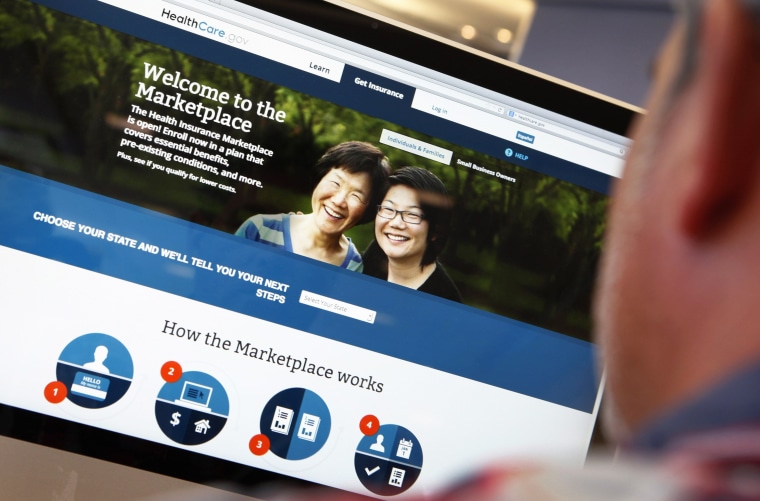On July 1, Tuan Anh Nguyen will be able to visit a doctor for the first time in over a year.
The 43 year old, who hasn’t been to a doctor’s office since he lost his job, will be part of the state’s Medicaid Expansion program — one of over 300,000 to 450,000 uninsured Louisiana residents the state expects to fall under the expansion.
“It’ll be able to help me get my health in order. I’m long overdue for a general check-up,” Nguyen told NBC News. “I’ll be able to address any other needs without the worry of having the ability to pay for it. Often times, I don’t go to the doctor just because I don’t have any way to pay for services.”
The expansion, signed into effect by Democratic Gov. John Bel Edwards in January, is part of an effort to expand health coverage to one of the nation’s poorest states, one of the most notable and immediate results of his election last year.
“For years, Louisianans have paid for Medicaid expansion, only to see their tax dollars go to other states that have expanded the program,” Edwards said during a Senate Committee on Health and Welfare’s oversight hearing on Medicaid Expansion in April. His predecessor, Gov. Bobby Jindal had refused the extra federal money for program expansion, arguing it would have been too costly for the state.
“This expansion of coverage will provide our working poor access to quality health insurance, while saving Louisiana more than $180 million, creating jobs, and assisting in our efforts to stabilize the budget,” Edwards said.
Enrollment in the program began June 1 and covers residents with a household income below 138 percent of the federal poverty level. Louisiana is the 31st state to expand their Medicaid program under the Affordable Care Act.
“I think it’s great for people who are going through hard times,” Nguyen said. “The most important thing is our health. Without our health, we cannot do anything else, so this will give us an opportunity to rebuild our strength. Hopefully, this will also provide a way for us to extend our longevity.”
“It’ll be able to help me get my health in order. I’m long overdue for a general check-up. I’ll be able to address any other needs without the worry of having the ability to pay for it. Often times, I don’t go to the doctor just because I don’t have any way to pay for services.”
The state predicts it will save $184 million on health care within the first year alone. The federal government pays the full cost of the expansion through 2016, and gradually lowers to 90 percent in 2020 and after.
“Research has shown that having access to primary care services, they decrease emergency room visits, screenings (for cancer or chronic diseases) … which in turn allows those individuals to be treated at a much earlier stage – which in turn improves outcomes and helps drive down costs,” NOELA Community Health Center Chief Medical Officer Dr. Keith Winfrey told NBC News. “There’s a ripple effect in terms of benefits that will be achieved for individual patients and the community, as a whole.”
RELATED: Some Public Hospitals Win, Others Lose With Obamacare
AAPI communities have a lot to gain by enrolling in health coverage, considering that they have a greater likelihood of suffering from certain health conditions compared to non-Hispanic whites. According to statistics from the Centers for Disease Control and Prevention (CDC), Asian Americans are 80 percent more likely to die from liver cancer, 10 percent more likely to be diabetic, and 4.5 times more likely to suffer from Hepatitis B as opposed to non-Hispanic whites.
“The first thing that we see is that our Medicaid waiver patients [individuals who didn’t qualify for traditional Medicaid that were eligible for limited coverage] will receive full Medicaid,” Winfrey said. “This will allow them coverage for prescription drugs, referrals for allergy and lab tests … that will be one of the greatest benefits for them.”
Follow NBC Asian America on Facebook, Twitter, Instagram, and Tumblr.
